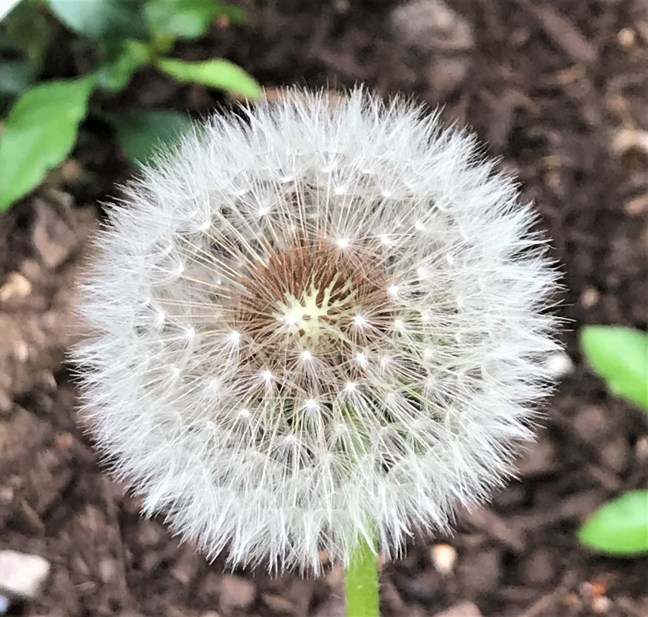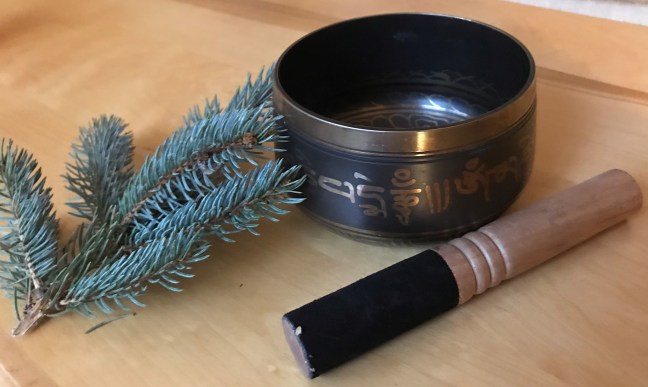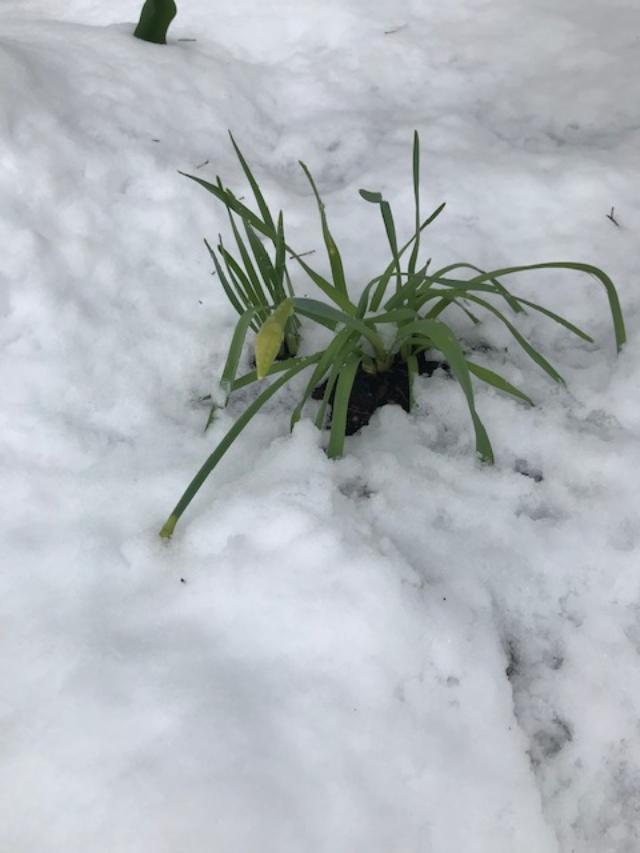I have not posted to the series “Diary From a Social Distance” in many months. The novelty, even of a pandemic, and the insights it might offer each of us, have gradually faded into the background of daily life, no matter how restricted. I offer this poem, written over the course of the summer and early fall, as a final post in this series. An historic US election will take place in less than a month and, regardless of the result, will, perhaps, give birth to a new series of posts under the umbrella of “respect.”
Creeping Normalcy
Normalcy is creeping back into our lives.
It is hard to resist.
All my resolutions to live
By the lessons learned during
These past months of pandemic,
Are donning fresh feathers and
Getting ready to fly out the window.
Sick of “social distancing” guidelines,
An impromptu cocktail hour
Has sprung up on the patio.
Technically, chairs should be
Six feet apart and masks should be donned,
But even without a tape measure, I can
See that the chairs are nudging closer.
And masks are dangling from one ear
Or bundled beneath the chin.
A nose peeps out, to catch a breath
Or lips to speak a word unmuffled by a covering.
Others have dispensed with masks all together.
After all, how can you consume a cocktail
With your lips held prisoner by a mask?
The staff, hoping I suppose to set good examples,
Wear their masks avidly and sit at great distances
For their lunch breaks on the patio.
At the beginning of this long ordeal,
When I would step outside my door in early morn,
To begin my daily round,
I would be shocked by the quiet – the absence
Of traffic humming in the distance.
Now, not only do I hear it at
Rush hour, but when I drive to some “essential” errand
I notice a “normal” number of cars on the road.
In pandemic’s early months, the streets were quite deserted.
Though I have not dined in a restaurant,
But only ordered take out,
Or shopped in any store,
Except a pharmacy or a supermarket,
I felt emboldened by the warm weather
To meet friends outdoors and walk
Among the budding trees,
Six feet apart, of course,
En-masked for sure.
Now that nearly seven months have passed,
And we are reminded frequently that not one single
COVID case has plagued our retiree sheltered lives,
We feel a sense of invulnerability.
We think, why not eat inside at the “Dolphin”
Shop with crowds at Walmart,
Go to church, a wedding, or a funeral.
Let those who live in congregate housing
And those who live in cottages co-mingle, we implore,
To do jumping jacks and yoga,
Play bridge and ping pong,
Meditate and talk!
But no, the risk is still too great
Until we vaccinate.
The prime concern as winter comes,
And holidays are round the bend
Is contact with our families.
We’ve seen them “en plein air,”
So to speak, in summer months.
Cold gradually prevents that luxury now.
The staff is searching for a way
For us to see those we love in cold and snow.
A special room, a special shield,
Hygienic cleansing, no touching please!
Enormous effort, expensive too.
Reminding some of TV scenes
Of prisoners on either side of
Touch-proof glass
With hands outstretched, and eyes engaged.
What seems acceptable and normal now
A year ago
Would have been unthinkable.
This normalcy has crept upon us
Each day, each week, each month.
So now, the temptation is oh-so-keen
To abandon caution,
Let down our guard.
But no! En garde! My friends.
A little more patience and sacrifice
Is required of us still.
Our strength and ingenuity will help us
In this battle against virus and the flu.
Get your shot, wash your hands,
Wear your mask, stay six feet apart.
We will prevail!
And though the virus spreads and kills,
We’ll do our part on our small front
To end this Plague, and stem this Tide
Of loss and grief,
Inhumanity, and vicious Pride.
Moriah Freeman
October 10, 2020















